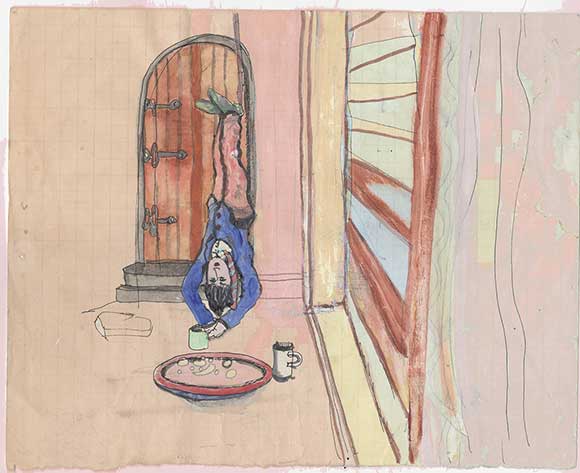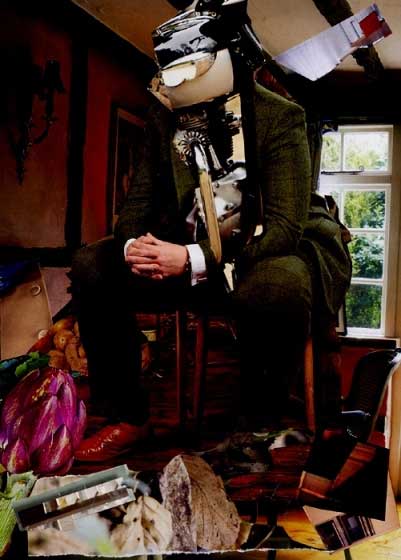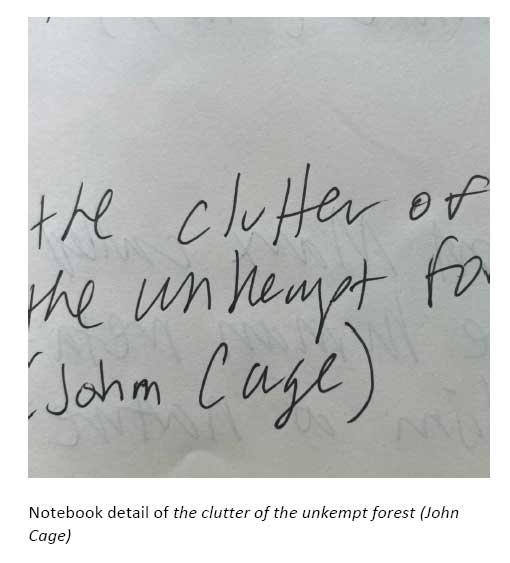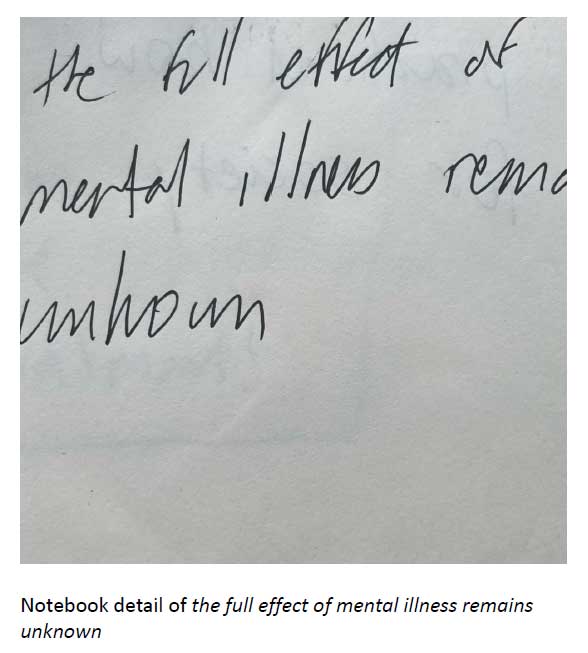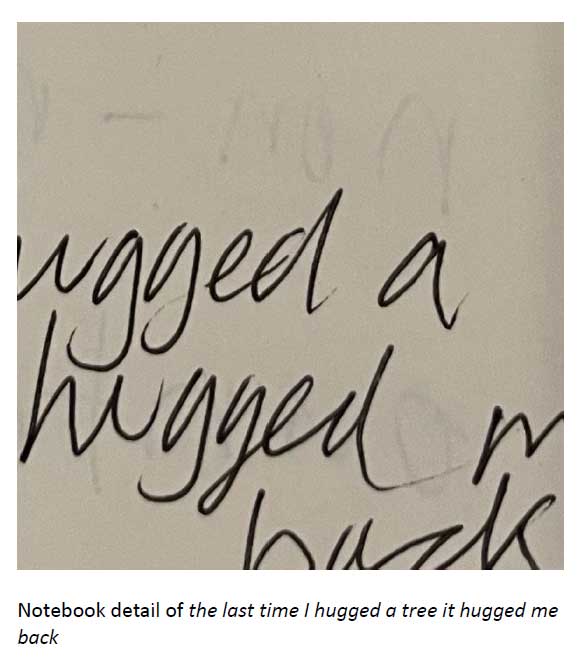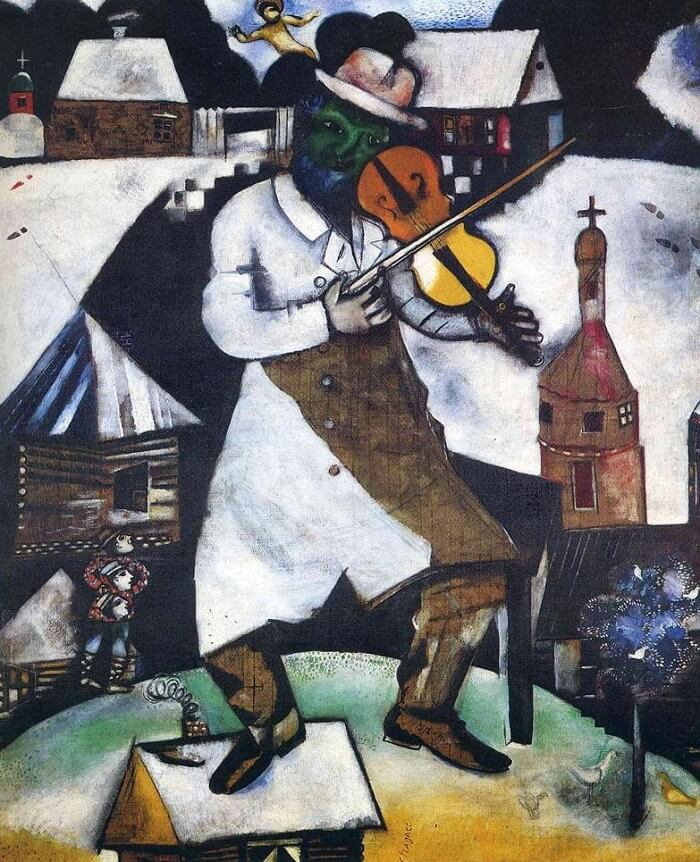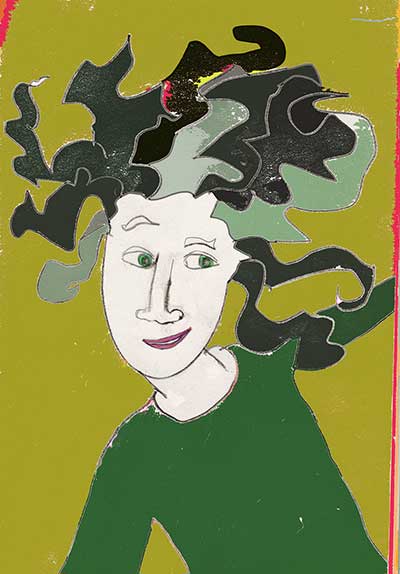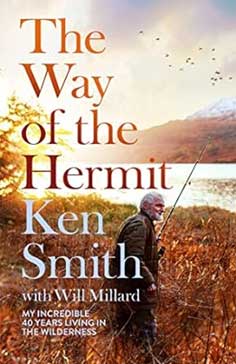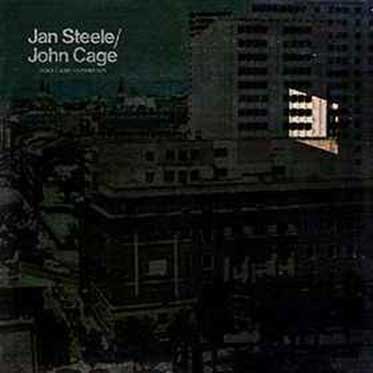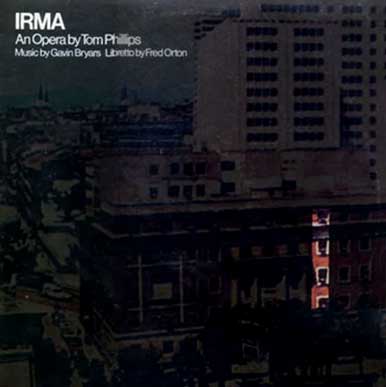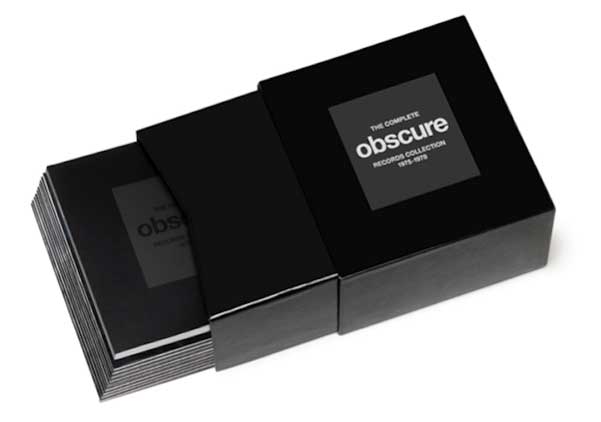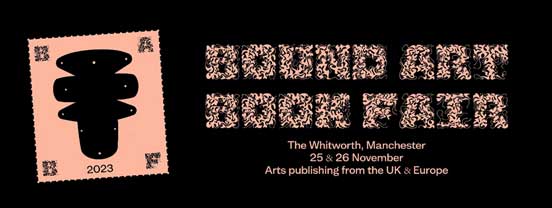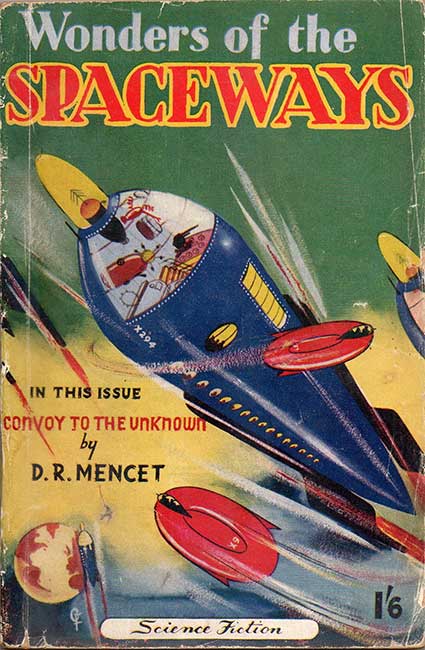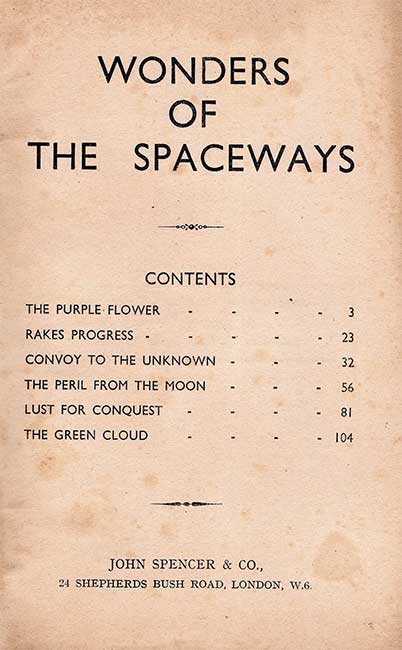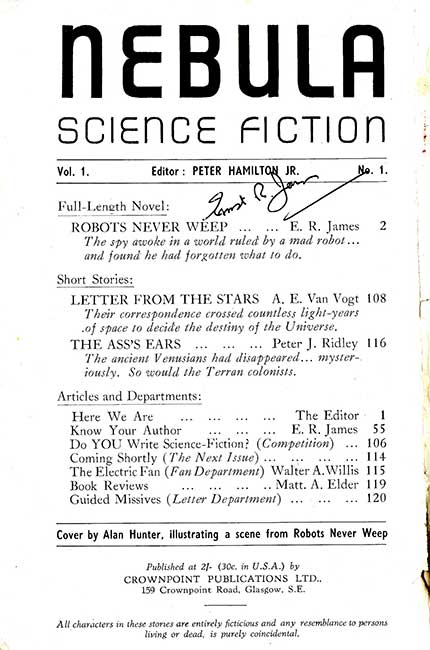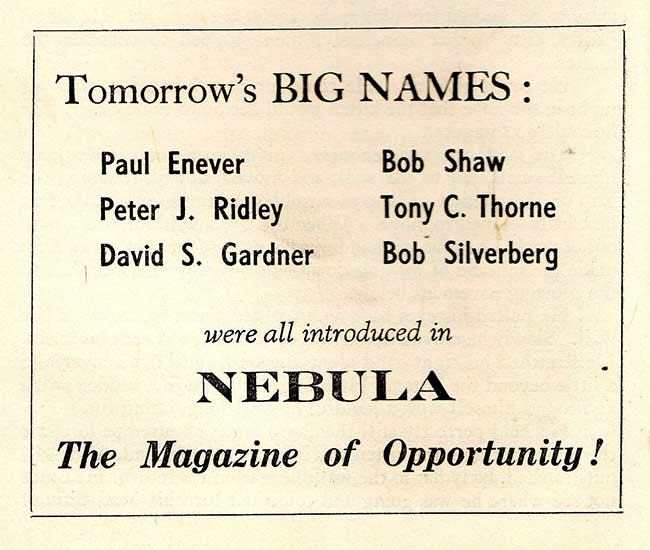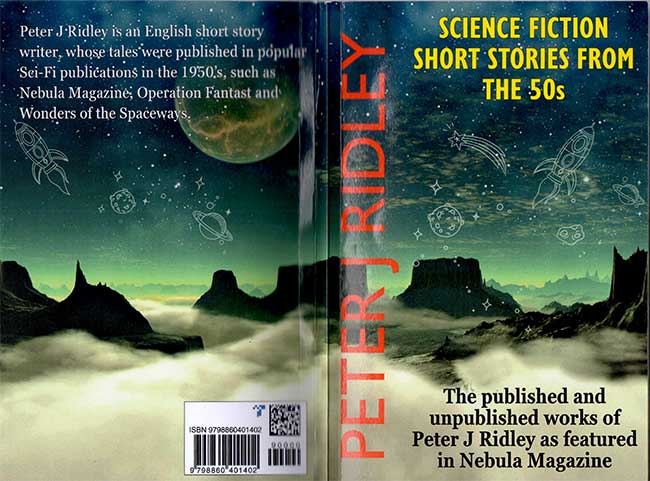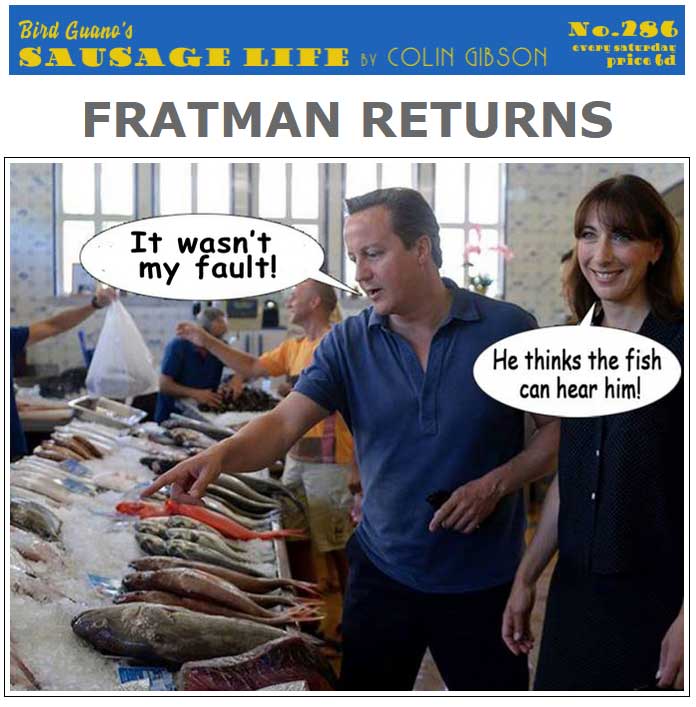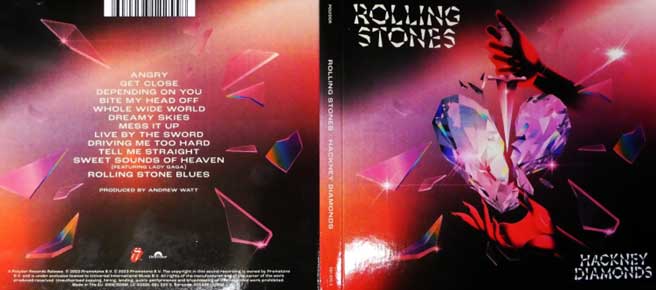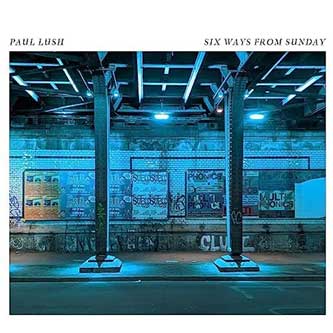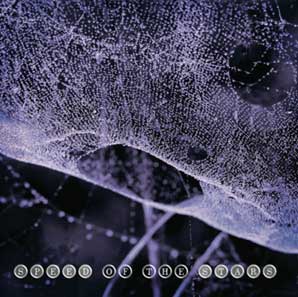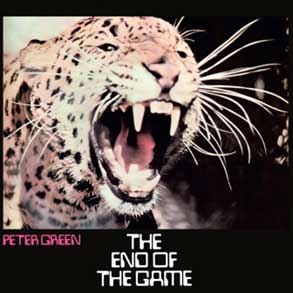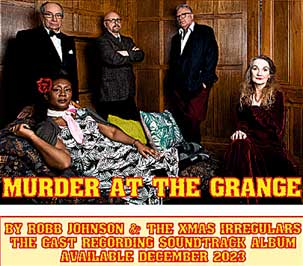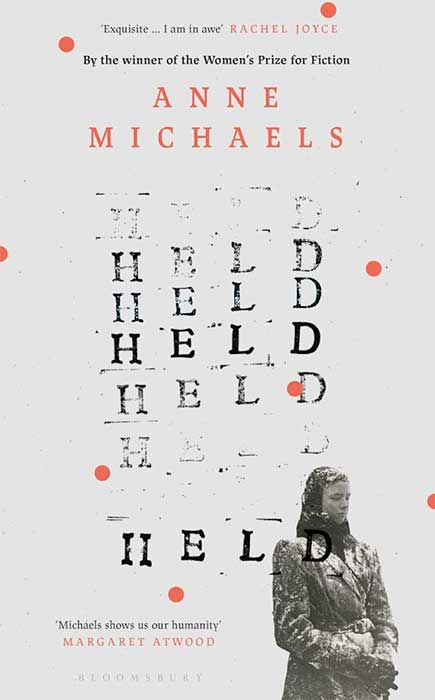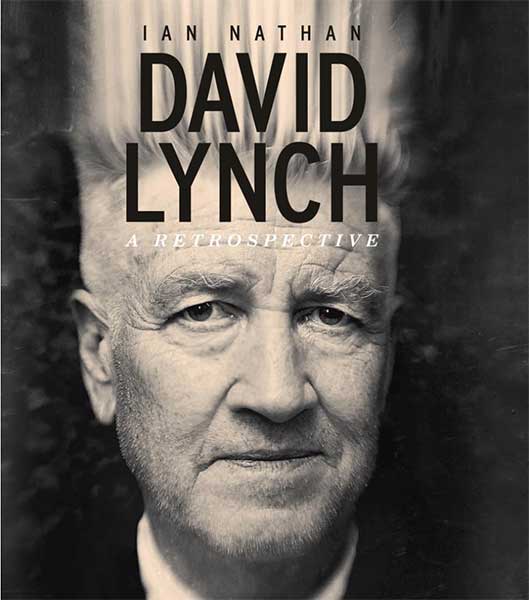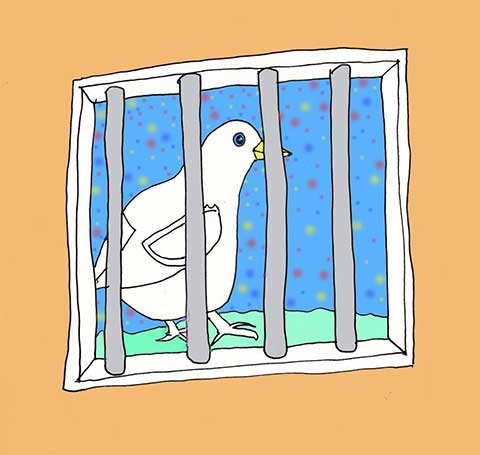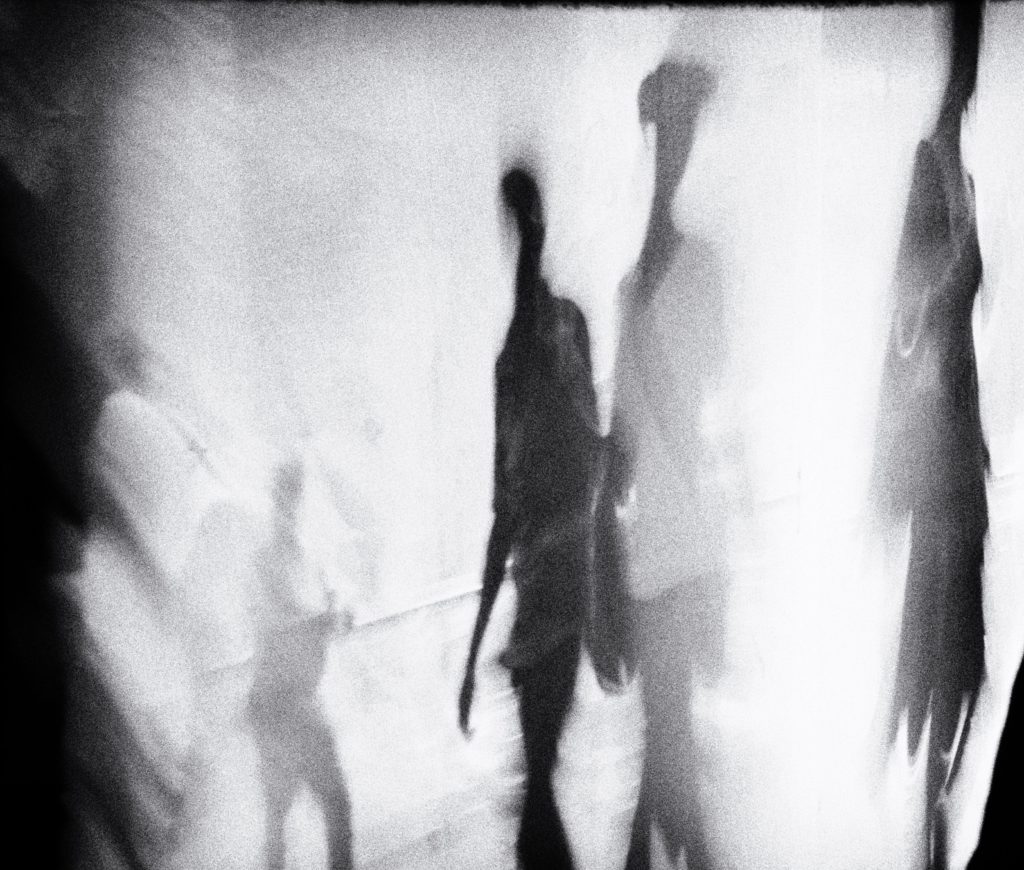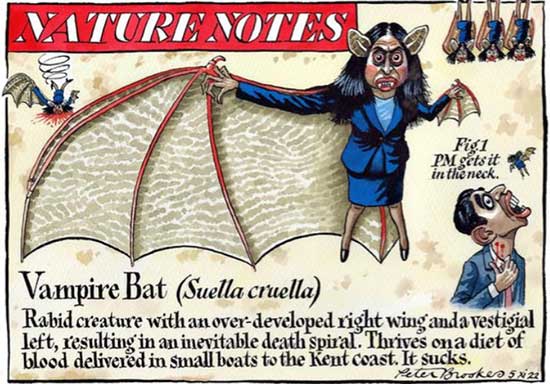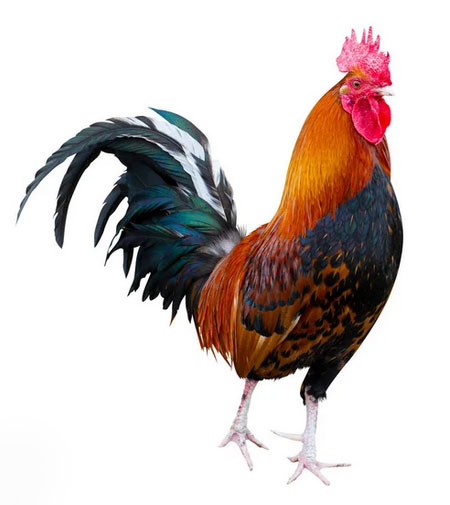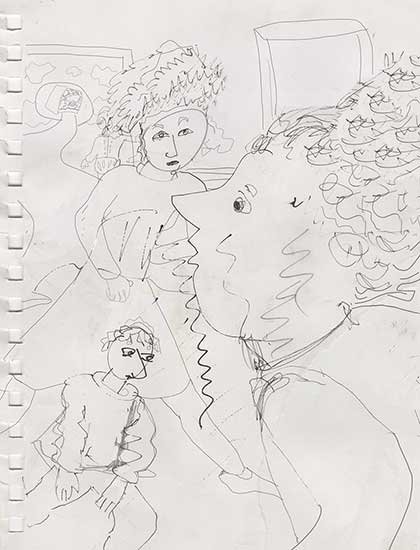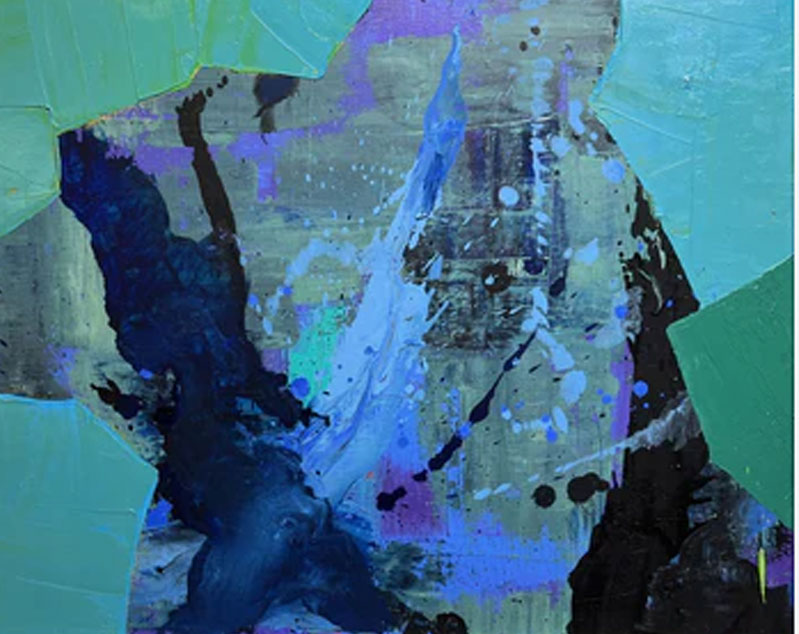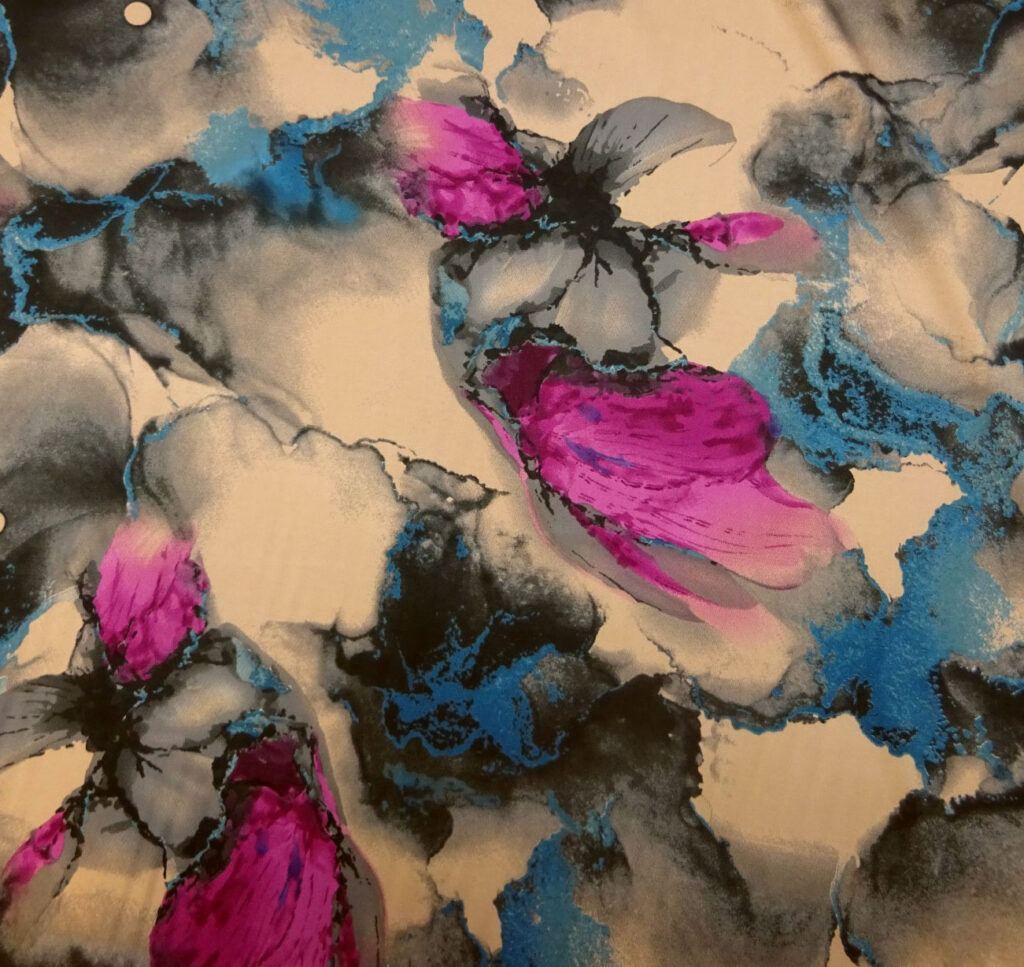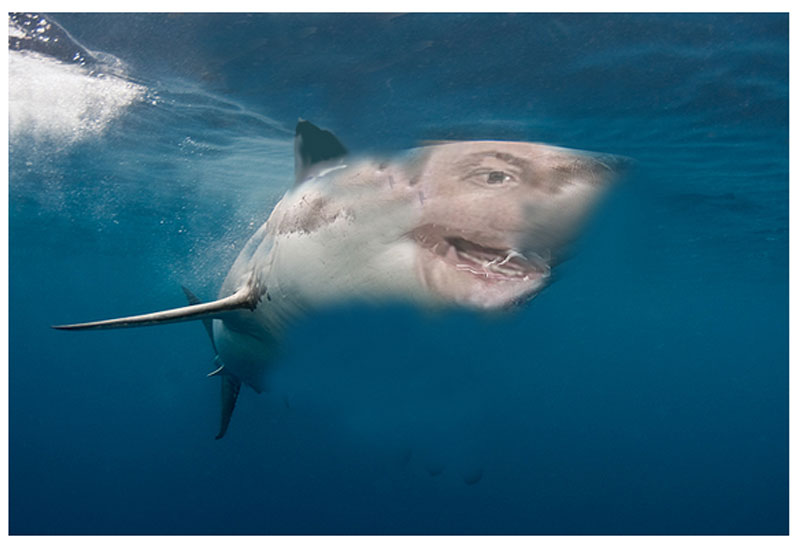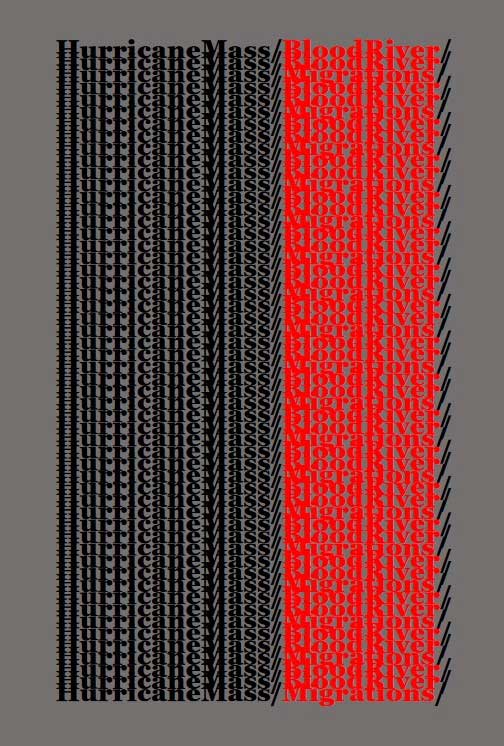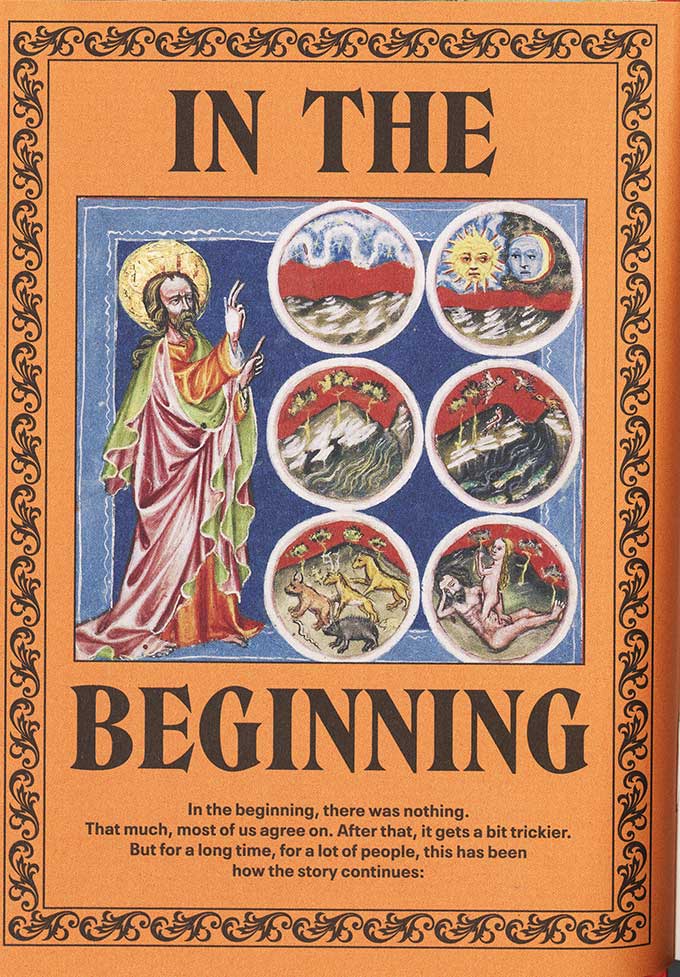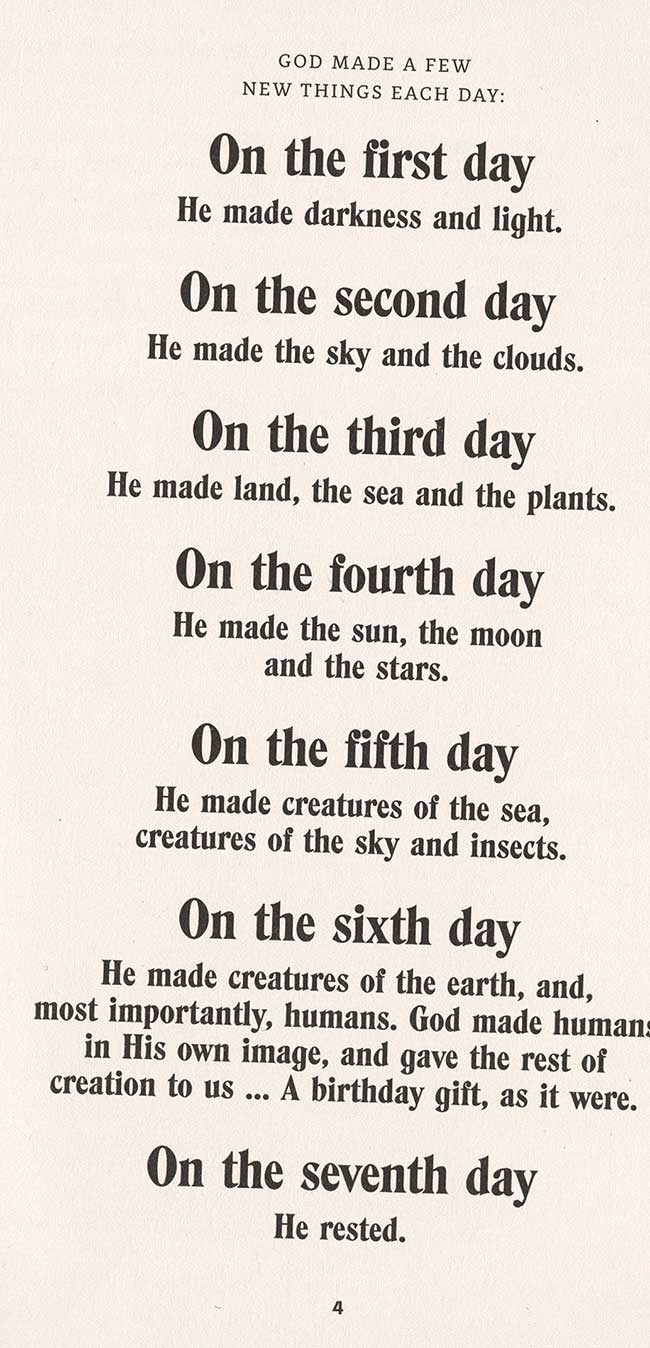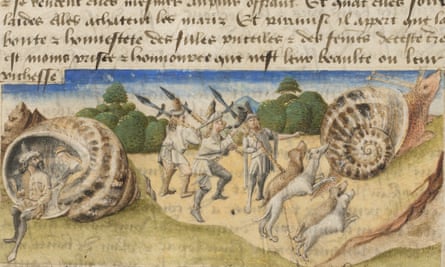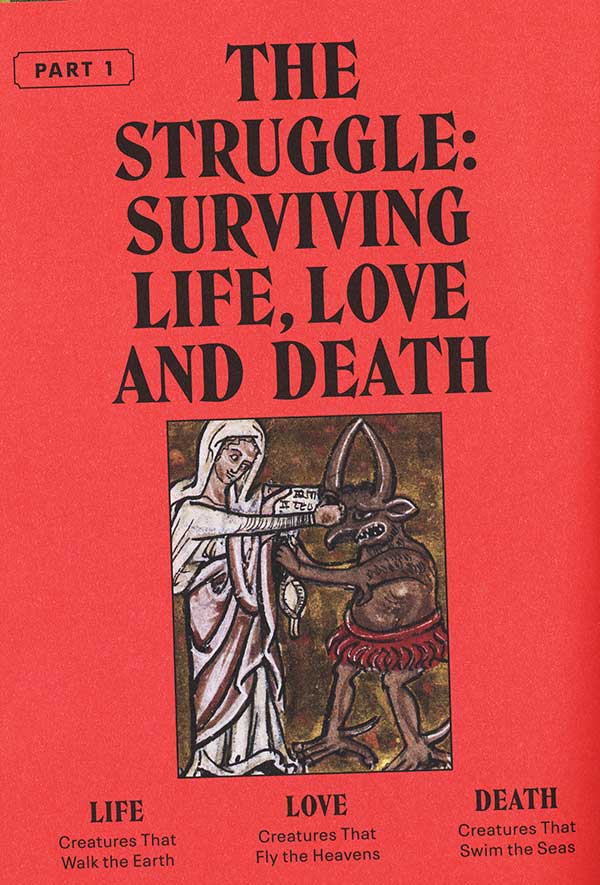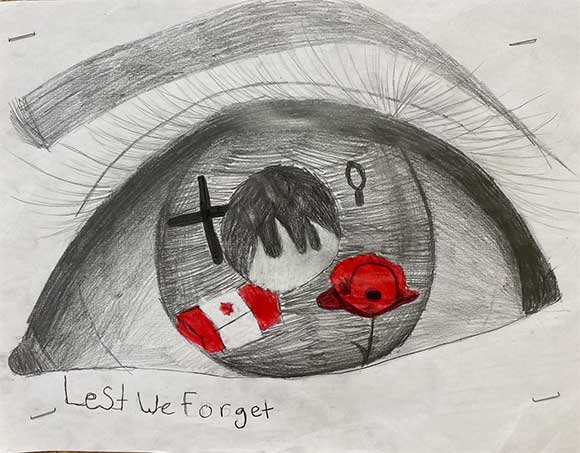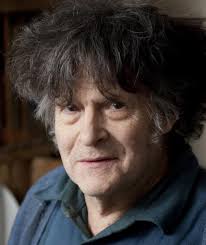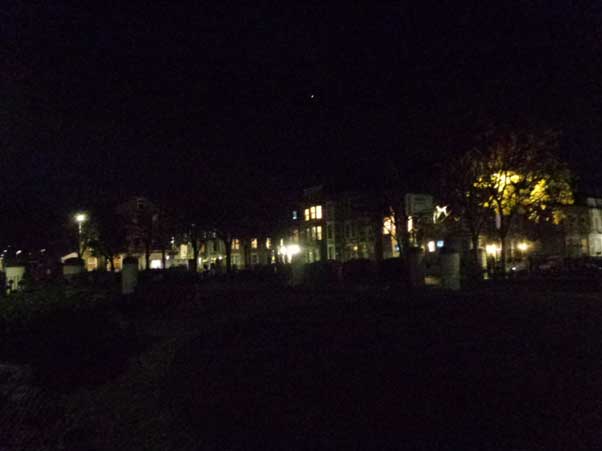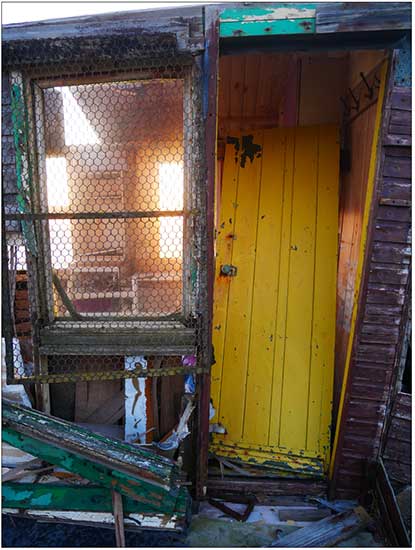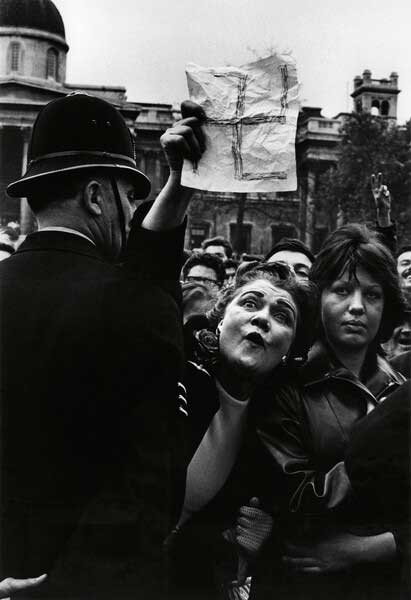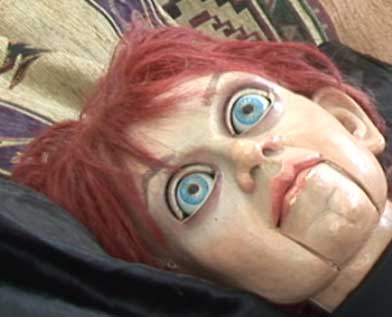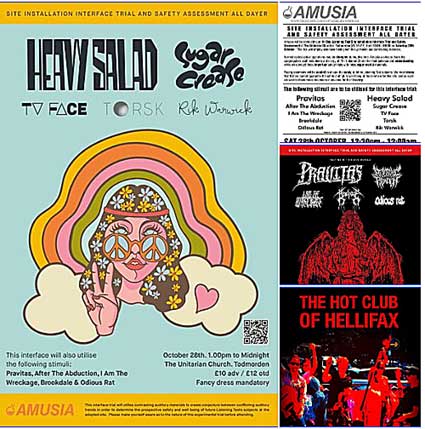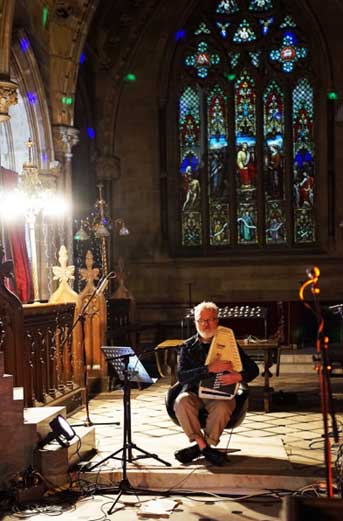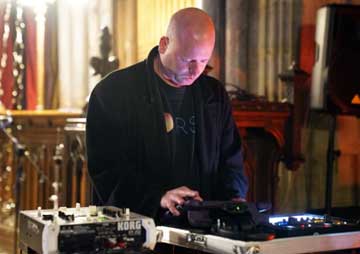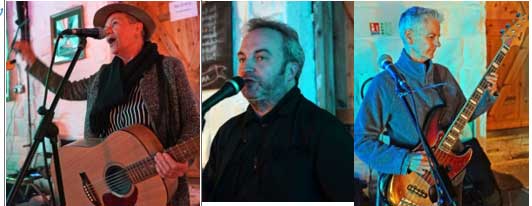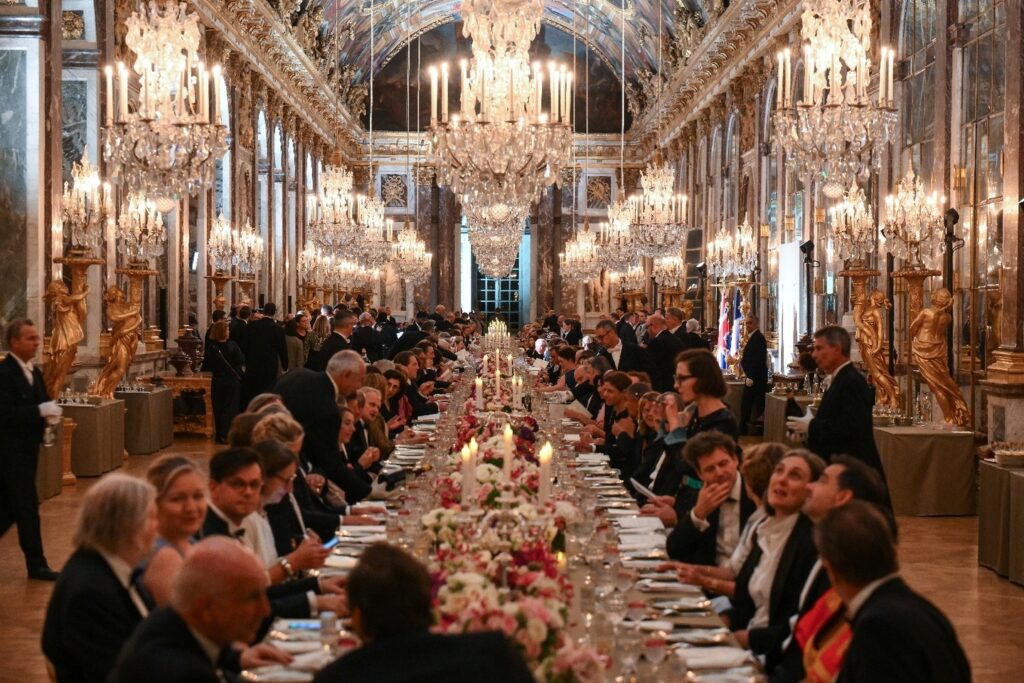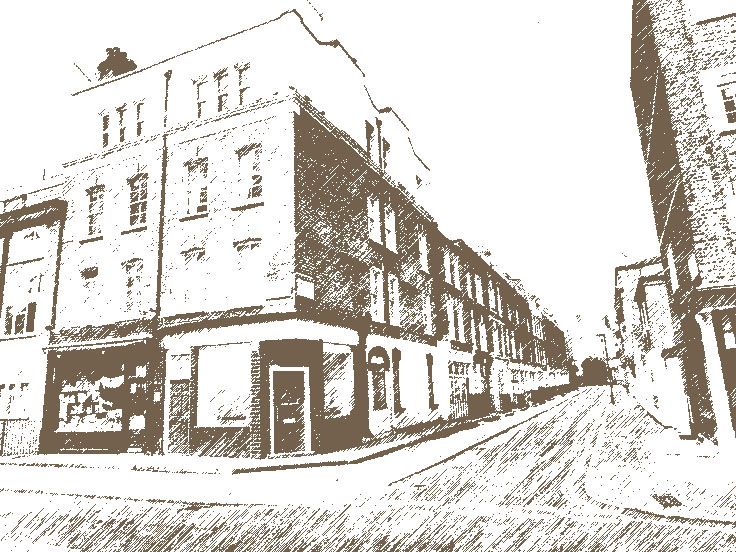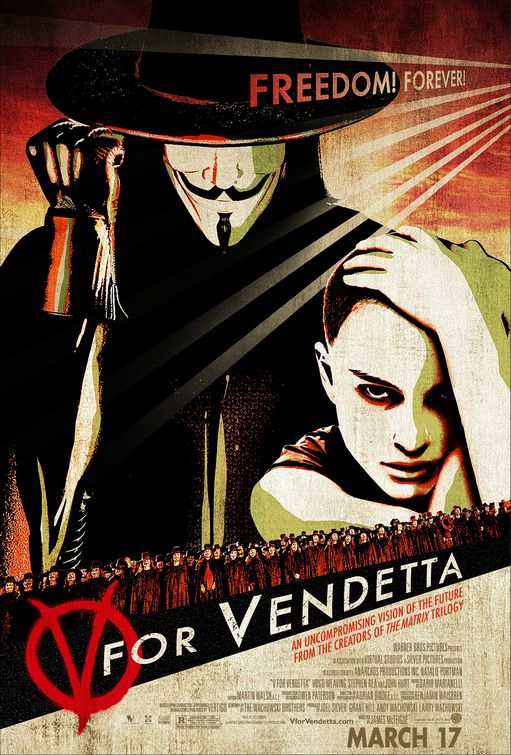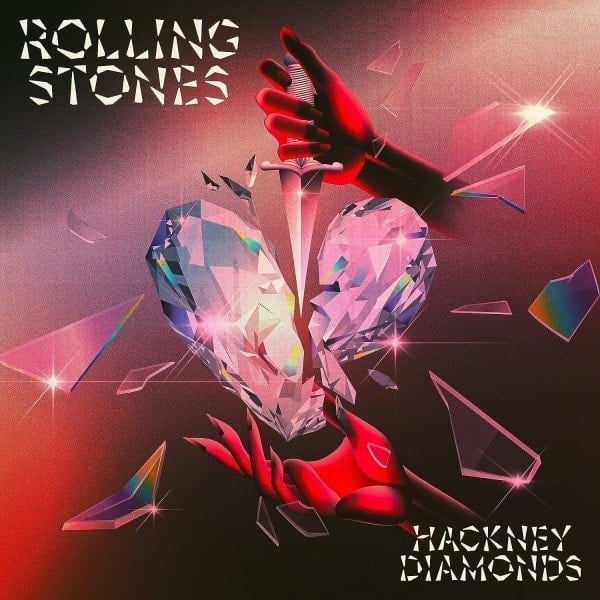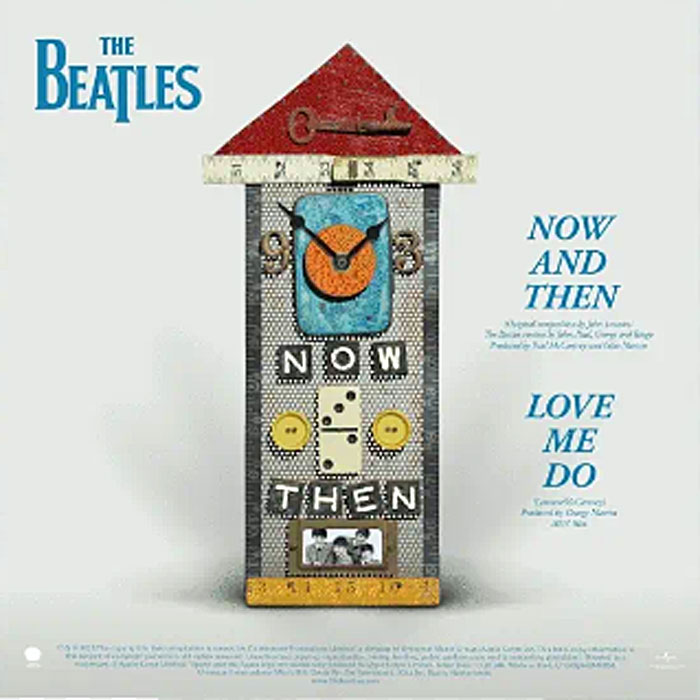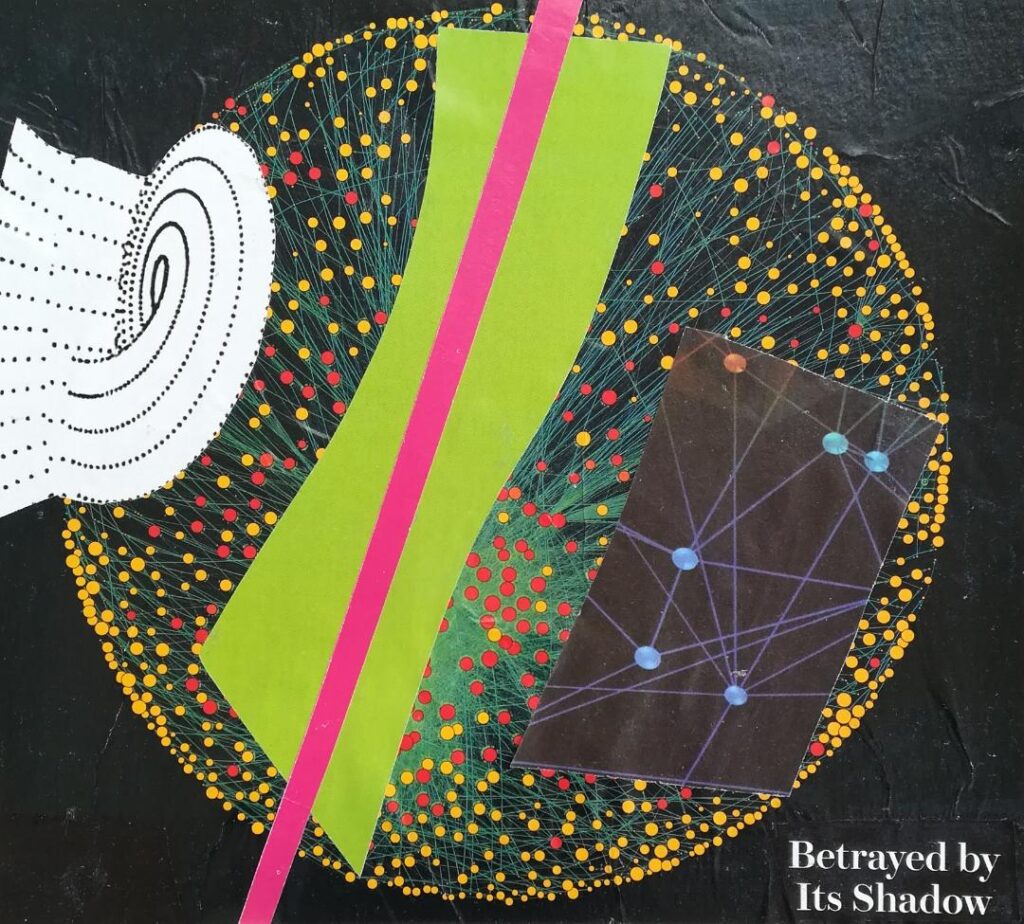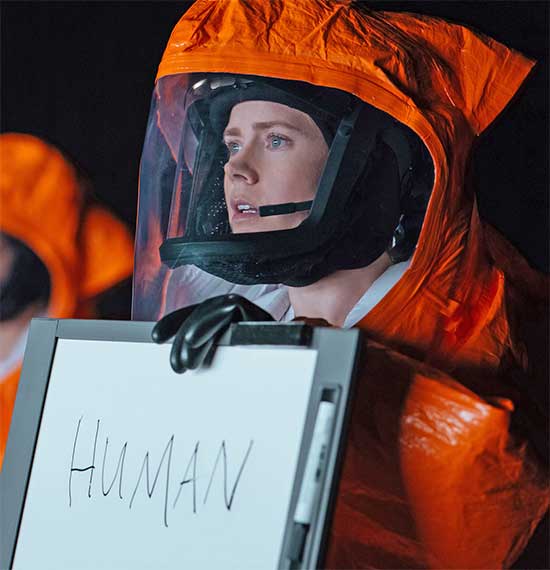“There is something terribly wrong with this country, isn’t there? Cruelty and injustice, intolerance and oppression. And where once you had the freedom to object, to think and speak as you saw fit, you now have censors and systems of surveillance coercing your conformity and soliciting your submission. How did this happen? Who’s to blame?”— V for Vendetta
We have arrived at the dystopian future depicted in the 2005 film V for Vendetta, which is no future at all.
Set in the year 2020, V for Vendetta (written and produced by the Wachowskis) provides an eerie glimpse into a parallel universe in which a government-engineered virus wreaks havoc on the world. Capitalizing on the people’s fear, a totalitarian government comes to power that knows all, sees all, controls everything and promises safety and security above all.
Concentration camps (jails, private prisons and detention facilities) have been established to house political prisoners and others deemed to be enemies of the state. Executions of undesirables (extremists, troublemakers and the like) are common, while other enemies of the state are made to “disappear.” Populist uprisings and protests are met with extreme force. The television networks are controlled by the government with the purpose of perpetuating the regime. And most of the population is hooked into an entertainment mode and are clueless.
With Vendetta, whose imagery borrows heavily from Nazi Germany’s Third Reich and George Orwell’s 1984, we come full circle. The corporate state in V conducts mass surveillance on its citizens, helped along by closed-circuit televisions. Also, London is under yellow-coded curfew alerts, similar to the American government’s color-coded Homeland Security Advisory System.
Sounds painfully familiar, doesn’t it?
As director James McTeighe observed about the tyrannical regime in V for Vendetta, “It really showed what can happen when society is ruled by government, rather than the government being run as a voice of the people. I don’t think it’s such a big leap to say things like that can happen when leaders stop listening to the people.”
Clearly, those we appointed to represent our interests have stopped following the Constitution and listening to the American people.
What will it take for the government to start listening to the people again?
In V for Vendetta, as in my novel The Erik Blair Diaries, the subtext is that authoritarian regimes—through a vicious cycle of manipulation, oppression and fear-mongering—foment violence, manufacture crises, and breed terrorists, thereby giving rise to a recurring cycle of blowback and violence.
Only when the government itself becomes synonymous with the terrorism wreaking havoc in their lives do the people to finally mobilize and stand up to the government’s tyranny.
V, a bold, charismatic freedom fighter, urges the British people to rise up and resist the government. In Vendetta, V the film’s masked crusader blows up the seat of government on November 5, Guy Fawkes Day, while in Erik Blair, freedom fighters plot to unmask the Deep State.
Acts of desperation and outright anarchy are what happens when a parasitical government muzzles the citizenry, fences them in, herds them, brands them, whips them into submission, forces them to ante up the sweat of their brows while giving them little in return, and then provides them with little to no outlet for voicing their discontent: people get desperate, citizens lose hope, and lawful, nonviolent resistance gives way to unlawful, violent resistance.
This way lies madness.
Then again, madness may be unavoidable unless we can wrest back control over our runaway government starting at the local level.
It is time to recalibrate the government.
For years now, we have suffered the injustices, cruelties, corruption and abuse of an entrenched government bureaucracy that has no regard for the Constitution or the rights of the citizenry.
By “government,” I’m not referring to the farce that is the highly partisan, two-party, bureaucracy of the Republicans and Democrats. Rather, I’m referring to “government” with a capital “G,” the entrenched Deep State that is unaffected by elections, unaltered by populist movements, and has set itself beyond the reach of the law.
We are overdue for a systemic check on the government’s overreaches and power grabs.
We have lingered too long in this strange twilight zone where ego trumps justice, propaganda perverts truth, and imperial presidents—empowered to indulge their authoritarian tendencies by legalistic courts, corrupt legislatures and a disinterested, distracted populace—rule by fiat rather than by the rule of law.
The COVID-19 pandemic provided the government with the perfect excuse to lay claim to a long laundry list of terrifying lockdown powers (at both the federal and state level) that override the Constitution: the ability to suspend the Constitution, indefinitely detain American citizens, bypass the courts, quarantine whole communities or segments of the population, override the First Amendment by outlawing religious gatherings and assemblies of more than a few people, shut down entire industries and manipulate the economy, muzzle dissidents, reshape financial markets, create a digital currency (and thus further restrict the use of cash), determine who should live or die, and impose health mandates on large segments of the population.
Crises tend to bring out the authoritarian tendencies in government.
That’s no surprise: power corrupts, and absolute power corrupts absolutely.
Where we find ourselves now is in the unenviable position of needing to rein in all three branches of government—the Executive, the Judicial, and the Legislative—that have exceeded their authority and grown drunk on power.
This is exactly the kind of concentrated, absolute power the founders attempted to guard against by establishing a system of checks of balances that separate and shares power between three co-equal branches: the executive, the legislative and the judiciary.
“The system of checks and balances that the Framers envisioned now lacks effective checks and is no longer in balance,” concludes law professor William P. Marshall. “The implications of this are serious. The Framers designed a system of separation of powers to combat government excess and abuse and to curb incompetence. They also believed that, in the absence of an effective separation-of-powers structure, such ills would inevitably follow. Unfortunately, however, power once taken is not easily surrendered.”
Unadulterated power in any branch of government is a menace to freedom.
There’s no point debating which political party would be more dangerous with these powers.
The fact that any individual—or branch of government—of any political persuasion is empowered to act like a dictator is danger enough.
So, what we can do to wrest back control over a runaway government and an imperial presidency?
It won’t be easy.
We are the unwitting victims of a system so corrupt that those who stand up for the rule of law and aspire to transparency in government are in the minority.
This corruption is so vast it spans all branches of government: from the power-hungry agencies under the executive branch and the corporate puppets within the legislative branch to a judiciary that is, more often than not, elitist and biased towards government entities and corporations.
We are ruled by an elite class of individuals who are completely out of touch with the travails of the average American.
We are viewed as relatively expendable in the eyes of government: faceless numbers of individuals who serve one purpose, which is to keep the government machine running through our labor and our tax dollars. Those in power aren’t losing any sleep over the indignities we are being made to suffer or the possible risks to our health. All they seem to care about are power and control.
We are being made to suffer countless abuses at the government’s hands.
We have little protection against standing armies (domestic and military), invasive surveillance, marauding SWAT teams, an overwhelming government arsenal of assault vehicles and firepower, and a barrage of laws that criminalize everything from vegetable gardens to lemonade stands.
In the name of national security, we’re being subjected to government agencies such as the NSA, FBI and others listening in on our phone calls, reading our mail, monitoring our emails, and carrying out warrantless “black bag” searches of our homes. Adding to the abuse, we have to deal with surveillance cameras mounted on street corners and in traffic lights, weather satellites co-opted for use as spy cameras from space, and thermal sensory imaging devices that can detect heat and movement through the walls of our homes.
That doesn’t even begin to touch on the many ways in which our Fourth Amendment rights are trampled upon by militarized police and SWAT teams empowered to act as laws unto themselves.
In other words, freedom—or what’s left of it—is threatened from every direction.
The predators of the police state are wreaking havoc on our freedoms, our communities, and our lives. The government doesn’t listen to the citizenry, it refuses to abide by the Constitution, which is our rule of law, and it treats the citizenry as a source of funding and little else. Police officers are shooting unarmed citizens and their household pets. Government agents—including local police—are being armed to the teeth and encouraged to act like soldiers on a battlefield. Bloated government agencies are fleecing taxpayers. Government technicians are spying on our emails and phone calls. Government contractors are making a killing by waging endless wars abroad.
In other words, the American police state is alive and well and flourishing.
Nothing has changed, and nothing will change unless we insist on it.
How to do this? It’s not rocket science.
There is no 10-step plan. If there were a 10-step plan, however, the first step would be as follows: turn off the televisions, tune out the politicians, and do your part to stand up for freedom principles in your own communities.
Stand up for your own rights, of course, but more importantly, stand up for the rights of those with whom you might disagree. Defend freedom at all costs. Defend justice at all costs. Make no exceptions based on race, religion, creed, politics, immigration status, sexual orientation, etc. Vote like Americans, for a change, not Republicans or Democrats.
Most of all, use your power—and there is power in our numbers—to nullify anything and everything the government does that undermines the freedom principles on which this nation was founded.
Don’t play semantics. Don’t justify. Don’t politicize it. If it carries even a whiff of tyranny, oppose it. Demand that your representatives in government cut you a better deal, one that abides by the Constitution and doesn’t just attempt to sidestep it.
That’s their job: make them do it.
As I make clear in my book Battlefield America: The War on the American People and in its fictional counterpart The Erik Blair Diaries, all freedoms hang together. They fall together, as well.
The police state does not discriminate. Eventually, we will all suffer the same fate.
John Whitehead
.







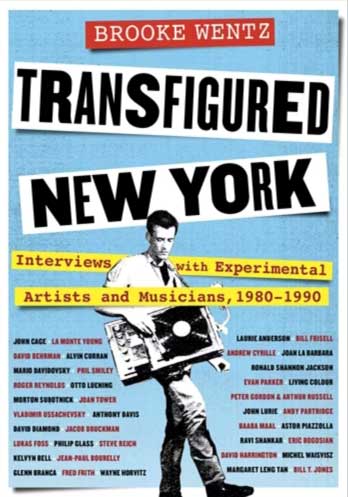


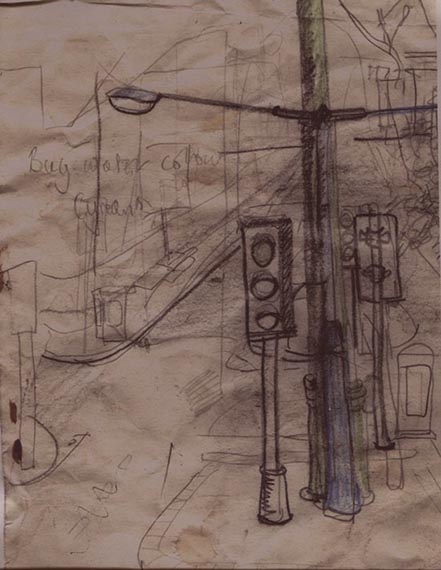
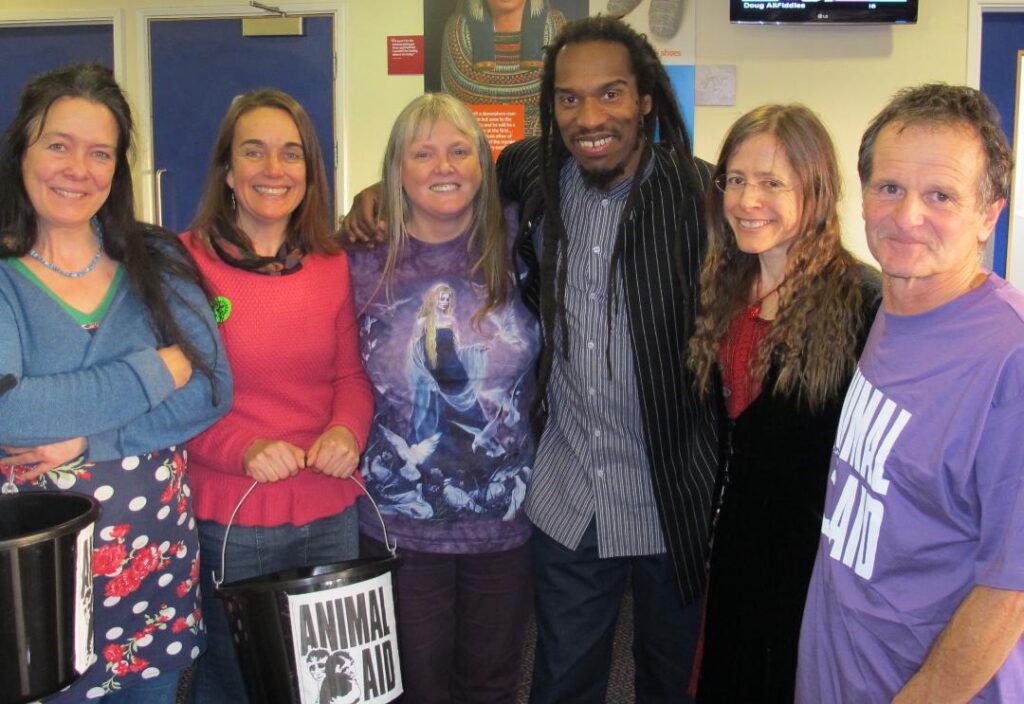



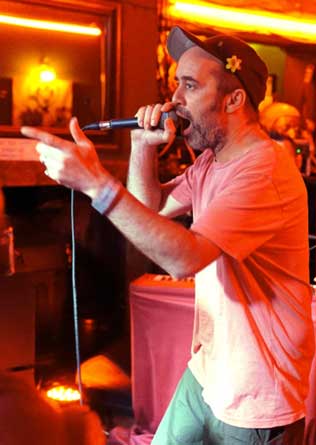




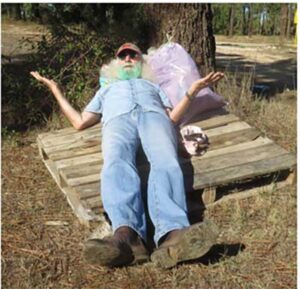
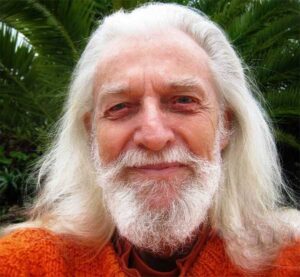
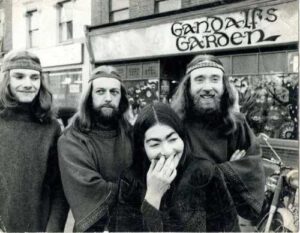
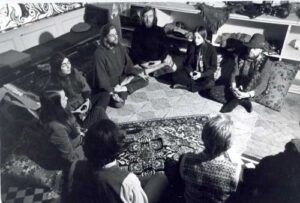
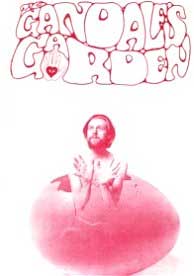
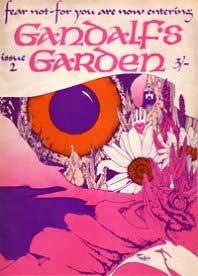
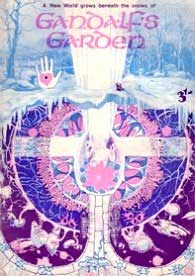
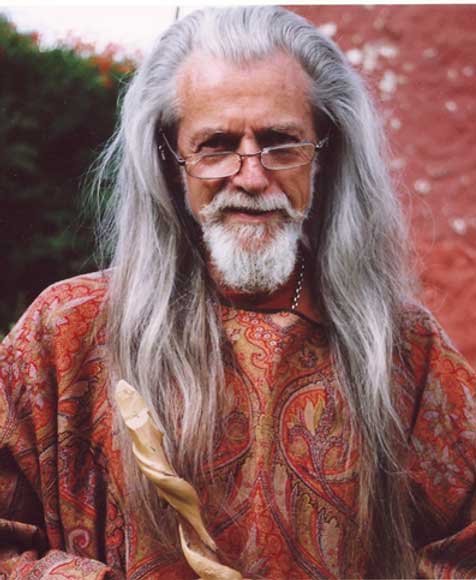


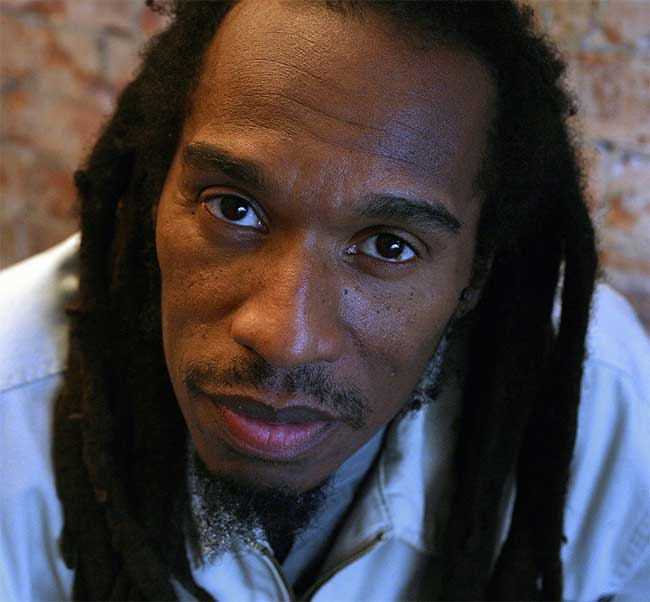






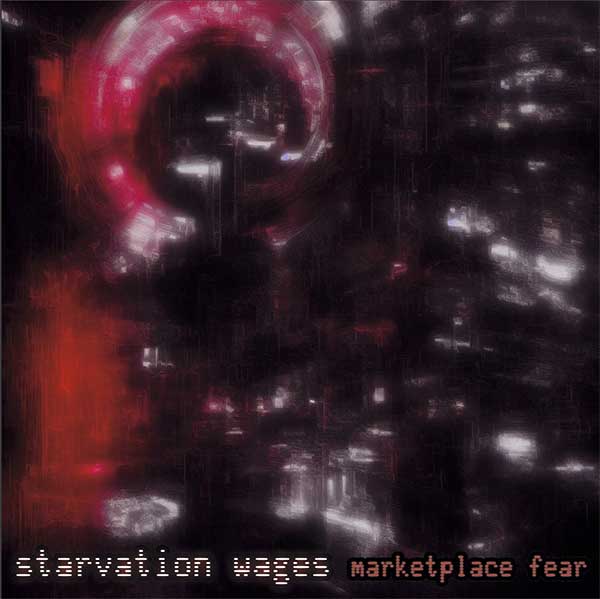
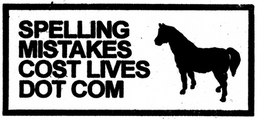

 in support of Ogoni climate activists in the Niger Delta.
in support of Ogoni climate activists in the Niger Delta. Massive thanks to everyone who generously chipped into the crowdfunder to help make this version of the bus a reality,
Massive thanks to everyone who generously chipped into the crowdfunder to help make this version of the bus a reality, 
 Ken Saro Wiwa was the leader of MOSOP, a writer, poet, satirist and activist who was executed along with eight others by the Abacha regime after being framed for the murder of four Ogoni leaders. The charges were repellent, particularly for an avowedly non-violent movement.
Ken Saro Wiwa was the leader of MOSOP, a writer, poet, satirist and activist who was executed along with eight others by the Abacha regime after being framed for the murder of four Ogoni leaders. The charges were repellent, particularly for an avowedly non-violent movement.



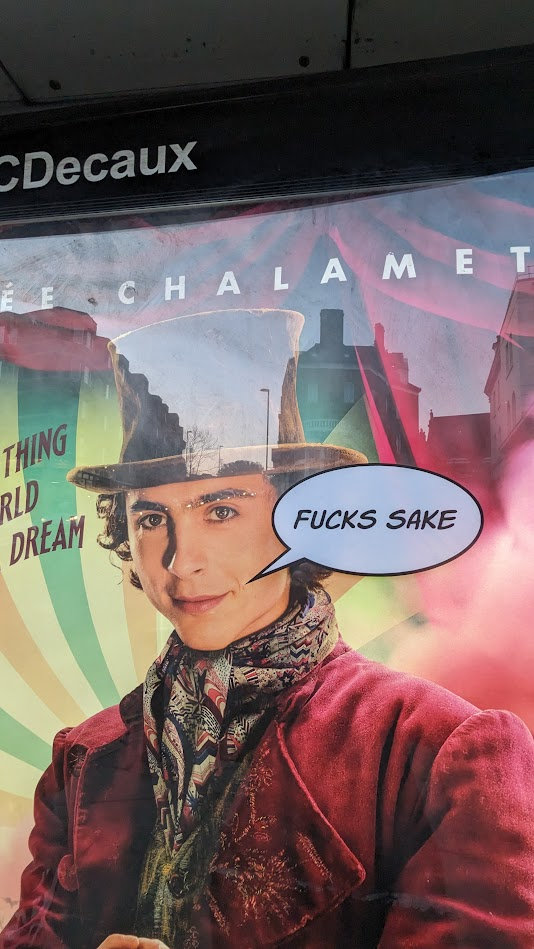
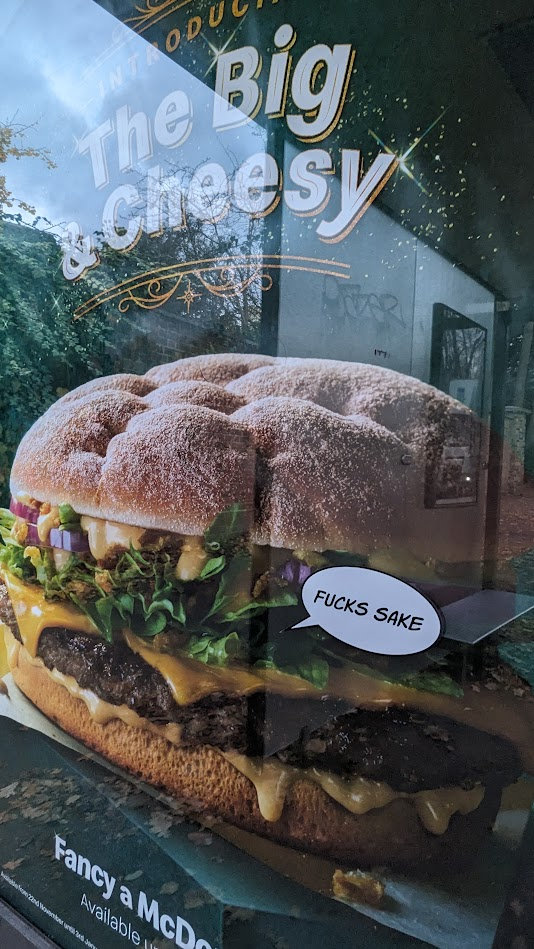









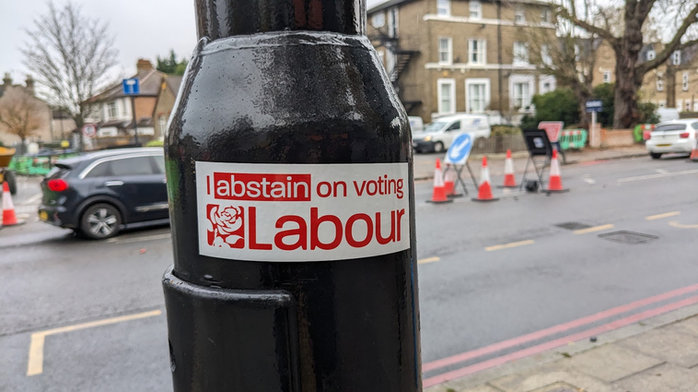




 Was well happy to take this award home last weekend from the ZAP Games subvertising/anti-advertising awards which had its first UK award ceremony organised by
Was well happy to take this award home last weekend from the ZAP Games subvertising/anti-advertising awards which had its first UK award ceremony organised by  an annual zine featuring all the work I’ve made over the last year. I’ll be printing and
an annual zine featuring all the work I’ve made over the last year. I’ll be printing and 

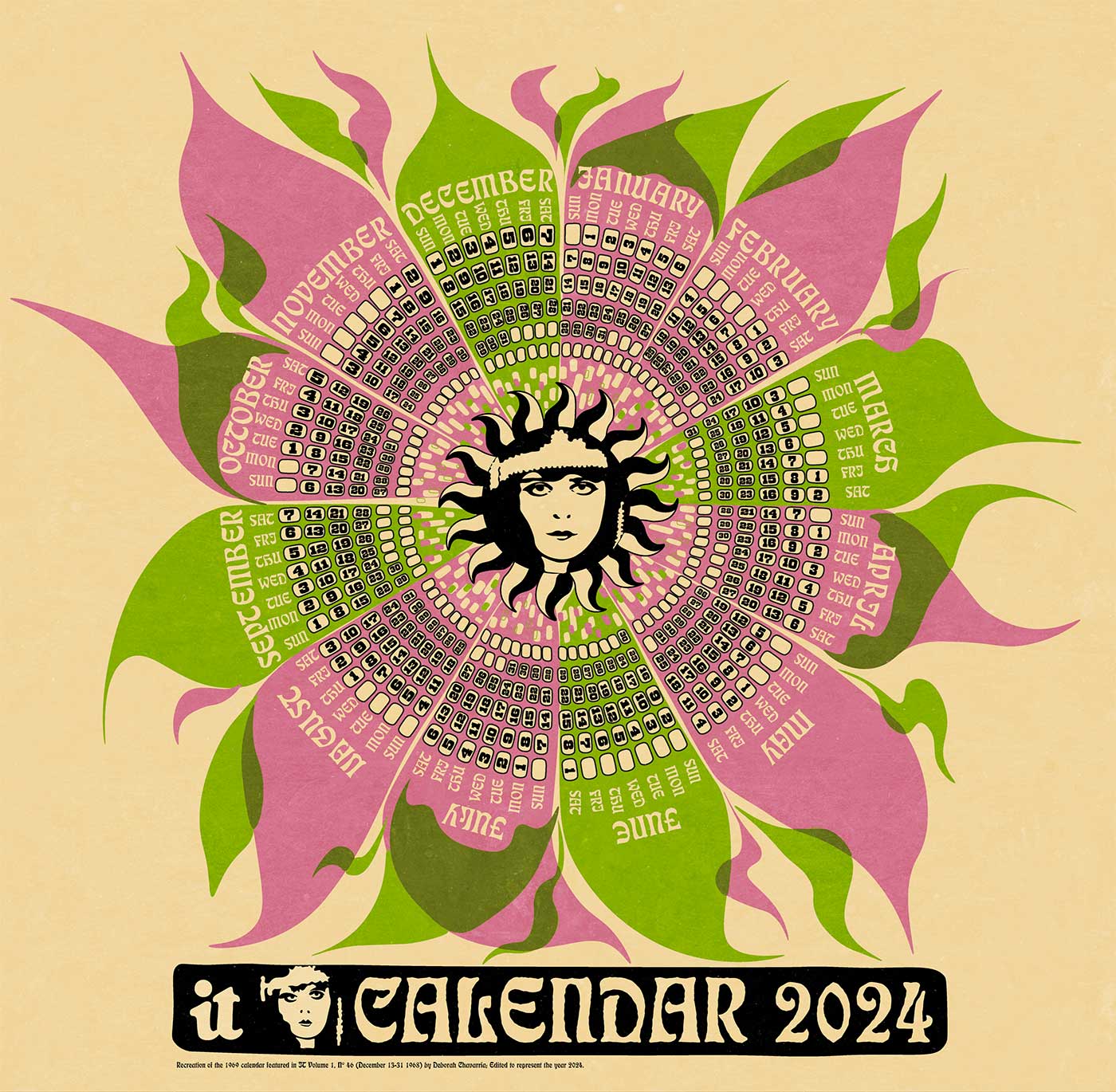
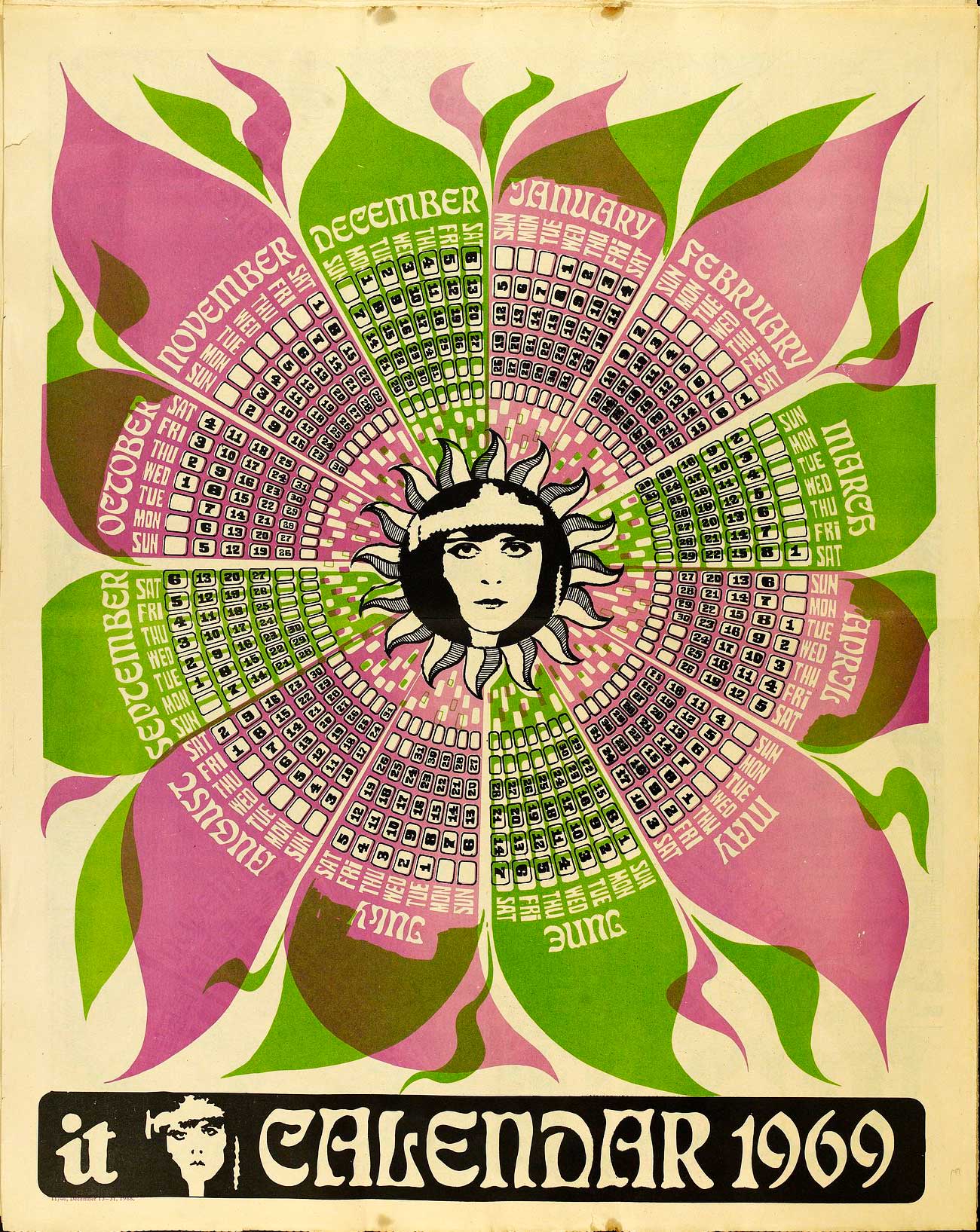

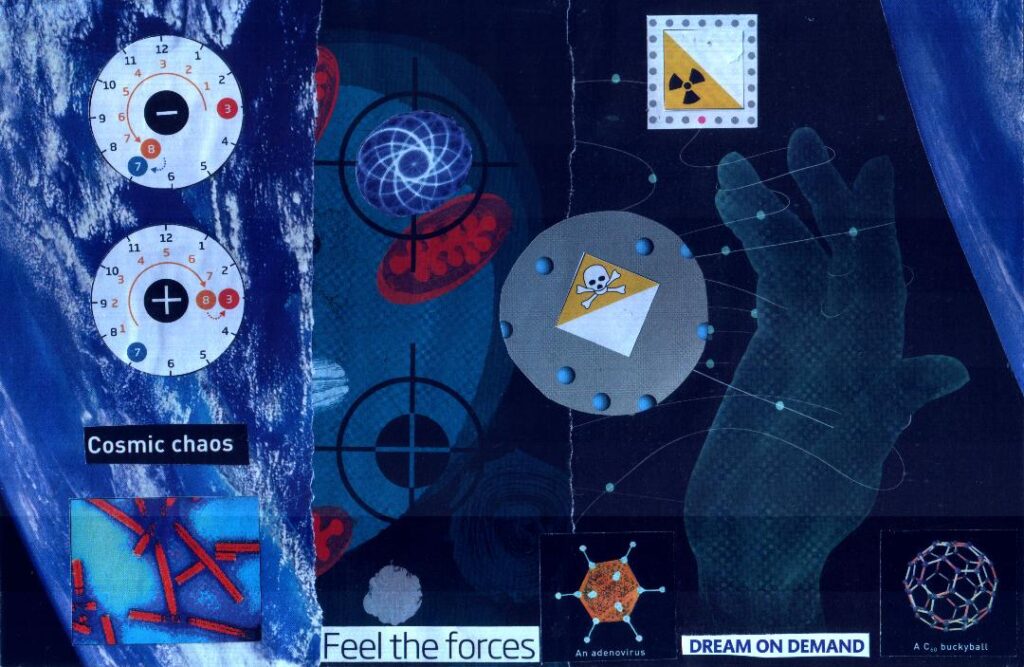
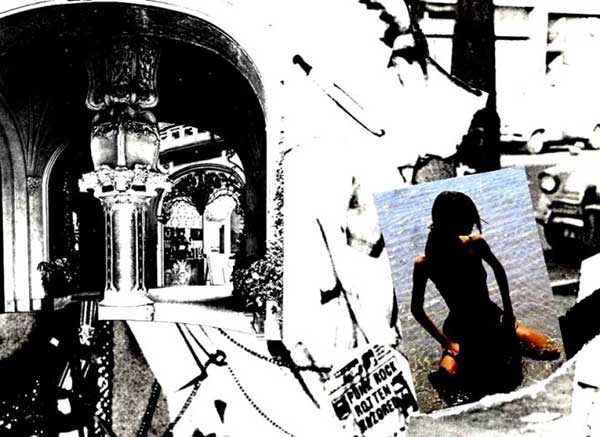

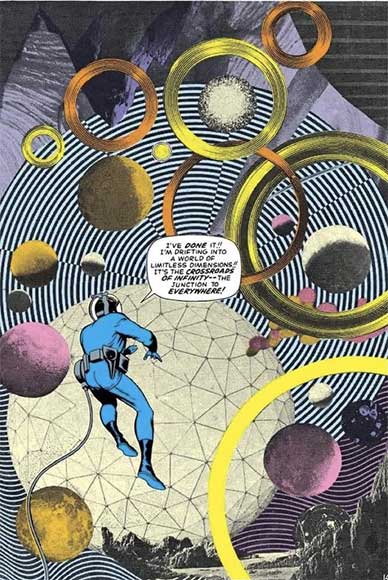
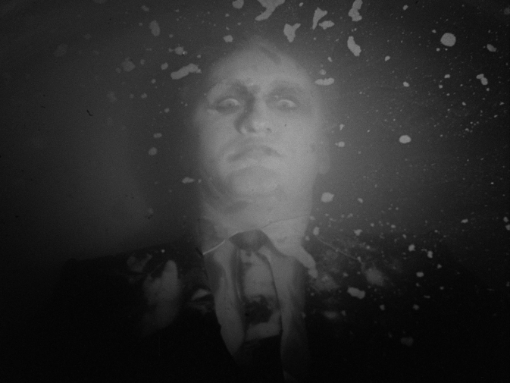

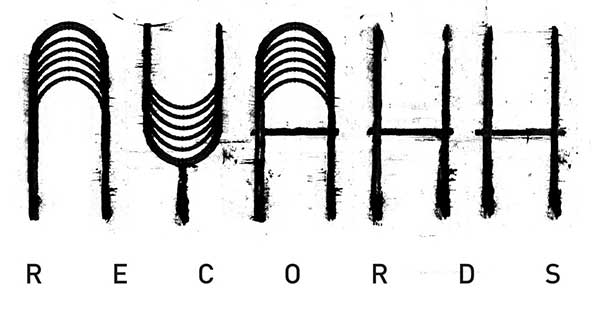
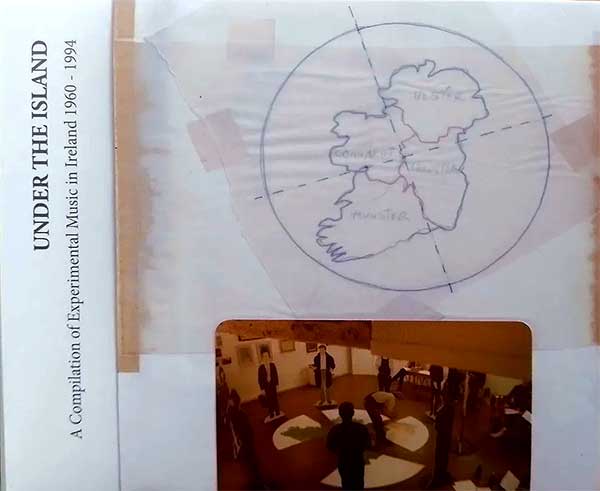





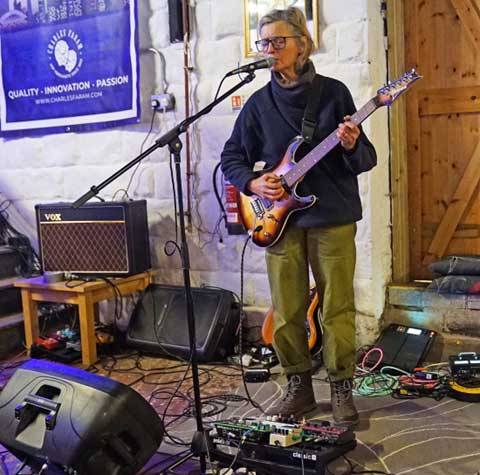

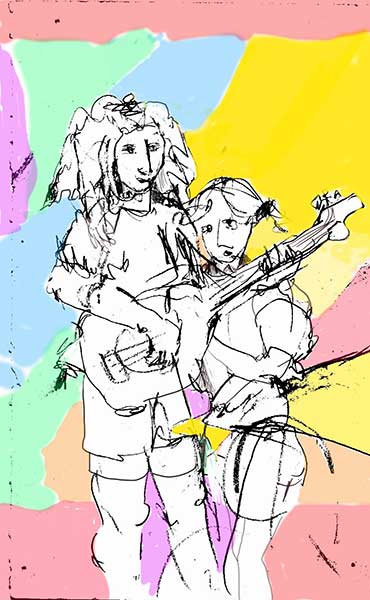




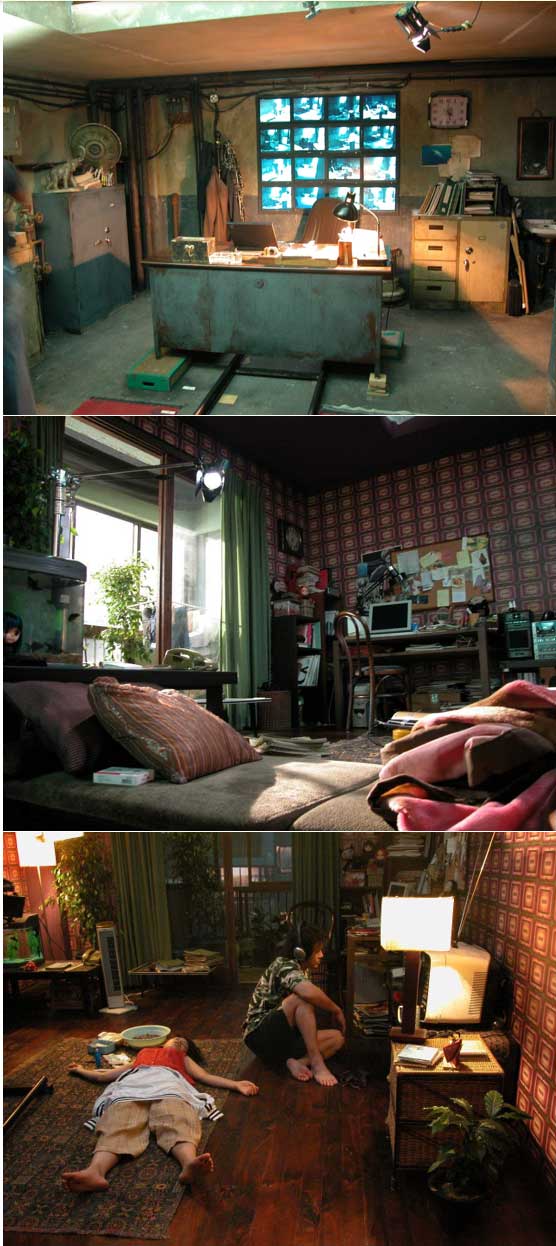


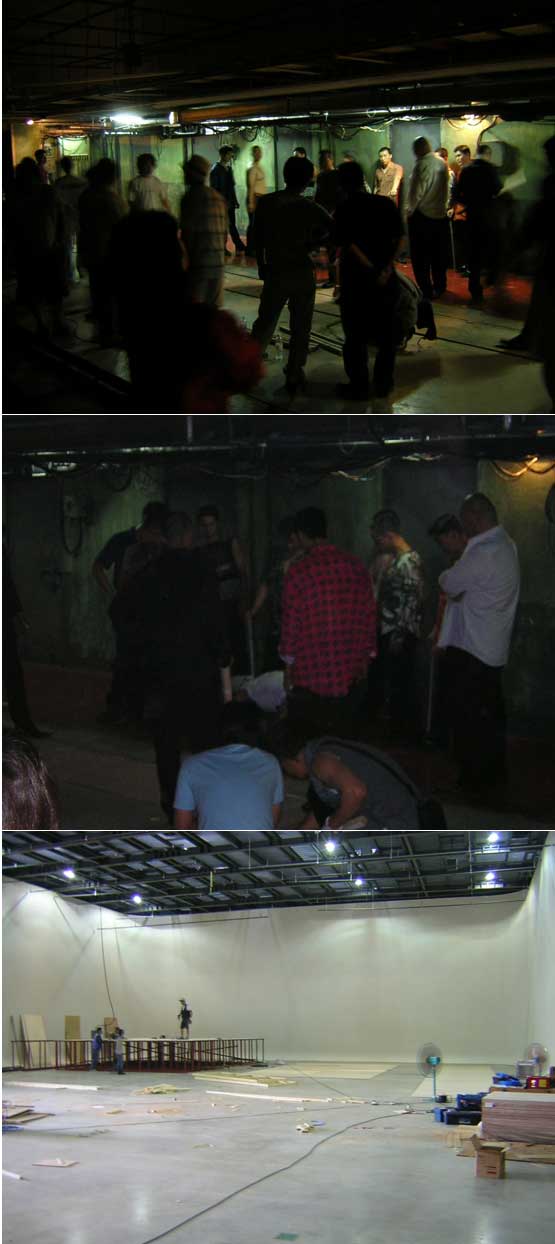
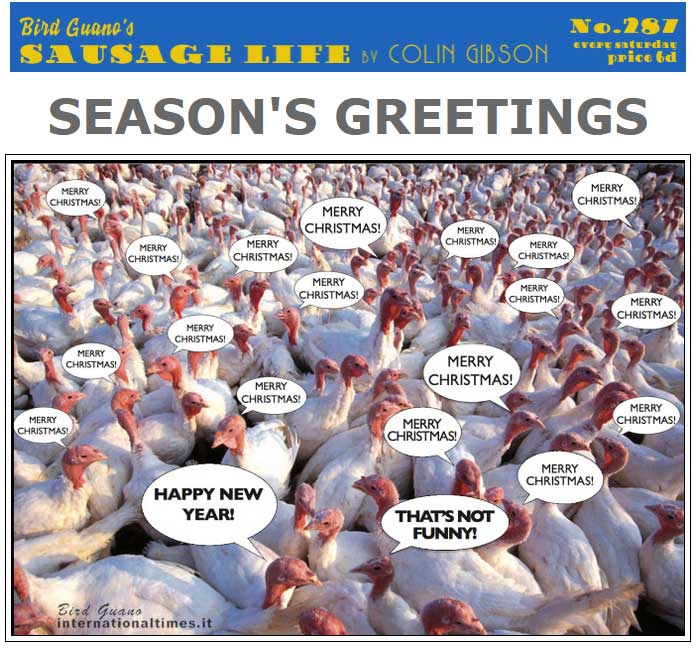 Bird Guano’s
Bird Guano’s
















